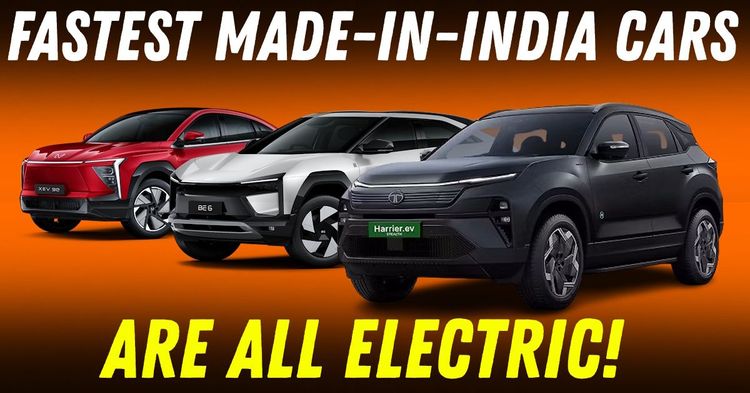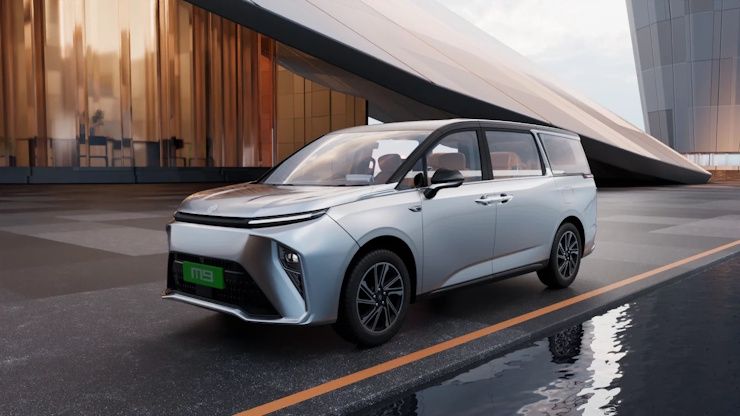Car Makers To Indian Govt: Don't Hike GST On Premium Electric Cars


India’s electric vehicle industry is voicing strong opposition to a proposal that would raise GST on premium electric cars priced above Rs 20 lakh. The Group of Ministers on GST rationalisation has suggested increasing the tax from the current 5 per cent to 18 per cent. Manufacturers argue that such a move would drive up prices, slow adoption, and risk undoing recent gains in consumer acceptance.

The concessional 5 per cent GST rate has been central to making electric vehicles more affordable and attractive. It has allowed many EVs to reach on-road price parity with petrol and diesel SUVs, helping hesitant buyers make the switch. Manufacturers say the proposed hike would directly affect nearly a quarter of all EVs sold in India, especially mid-to-premium models, and could raise prices by several lakh rupees.
This comes at a time when the market has been building momentum. In July 2025, retail sales of electric cars rose 93 per cent year-on-year to 15,528 units, giving EVs a 4.7 per cent share of the overall passenger vehicle market. That is almost double the 2.4 per cent share seen in July 2024, underlining how policy support has been working.

Tata Motors points out that the current rate has helped manufacturers reach critical volumes and build consumer trust. With more than 24,000 public chargers now in place and EVs offering real-world ranges of up to 500 kilometres, the industry believes incentives must be maintained until adoption is firmly established.

Mahindra & Mahindra has stressed that the 5 per cent rate is vital to maintain parity with ICE vehicles in the Rs 10–40 lakh segment, which forms a large part of India’s export potential.

JSW MG Motor has gone further, suggesting a zero per cent GST on EVs and calling for smoother rules around home charging. Mercedes-Benz India has warned that the entry-level luxury EV market will be hardest hit, as buyers in this segment are more sensitive to price thresholds than top-end luxury customers.
The EV industry is one of the pillars of India’s clean mobility transition. Current tax support has enabled local manufacturing, supply chain building, and investment in R&D. A sharp GST increase now, manufacturers say, could slow down these efforts just as the sector is scaling up.
Stable policy is a recurring concern. Companies investing in new plants, technology, and charging infrastructure need predictable rules. Frequent changes risk undermining confidence and could push global automakers to prioritise markets with more consistent frameworks. At a time when international EV adoption is growing rapidly, Indian players fear losing ground if the domestic market becomes less attractive.

The GST Council’s decision will be crucial for the next phase of EV adoption. A higher tax rate could put brakes on premium models that often act as technology flagships, influencing the broader market and supporting local supply chains. A stable or reduced rate, on the other hand, could strengthen India’s position as both a growing consumer market and a competitive manufacturing base.
For now, the industry’s message is clear: maintaining supportive taxation is key to sustaining momentum. Higher rates may bring short-term revenue gains but could risk slowing down India’s progress toward cleaner, electrified transport.